August 25, 2016
Research suggests individual responses to stress at work vary widely 0
 No matter how compelling the evidence on the impact of stress at work there are always individuals who dismiss the very idea as self-indulgence. New research suggests this isn’t down to lack of empathy but simply because some people just don’t experience stress the same as others. The survey by the Deloitte Greenhouse Experience team found statistically significant variation in how respondents react to stressors which indicates that workplace stress is relative and not everyone experiences stress in the same way or to the same degree. The majority of respondents reported modest levels of stress. Fourteen percent reported being stressed only rarely and 57 percent reported being stressed sometimes, while 26 percent reported being stressed often, and 3 percent reported being always stressed. Different scenarios were also mooted to identify stress triggers. Making mistakes topped the list of stressors, with 82 percent of respondents indicating errors caused stress.
No matter how compelling the evidence on the impact of stress at work there are always individuals who dismiss the very idea as self-indulgence. New research suggests this isn’t down to lack of empathy but simply because some people just don’t experience stress the same as others. The survey by the Deloitte Greenhouse Experience team found statistically significant variation in how respondents react to stressors which indicates that workplace stress is relative and not everyone experiences stress in the same way or to the same degree. The majority of respondents reported modest levels of stress. Fourteen percent reported being stressed only rarely and 57 percent reported being stressed sometimes, while 26 percent reported being stressed often, and 3 percent reported being always stressed. Different scenarios were also mooted to identify stress triggers. Making mistakes topped the list of stressors, with 82 percent of respondents indicating errors caused stress.









 When former Google employee Marissa Mayer joined Yahoo as its CEO in 2012, she inherited the company’s vast problems. Though it was once seen as one of the first tech behemoths, Yahoo’s inability to come up with ground breaking products like Google and others, put it in a slow, steady decline. Mayer was immediately tasked with trying to reinvigorate the stagnating company. Her focus was to find a way to identify and retain talent, while phasing out ineffective employees. However, Yahoo’s new management policies have brought about much debate and criticism from HR experts. A controversial book by journalist Nicholas Carlson titled “Marissa Mayer and the Fight to Save Yahoo!” paints a highly critical view of Mayer’s first years as CEO. In response others have defended her, arguing that she has done the best she can with the resources available, but has become a scapegoat for poor management, like so many other women in powerful positions.
When former Google employee Marissa Mayer joined Yahoo as its CEO in 2012, she inherited the company’s vast problems. Though it was once seen as one of the first tech behemoths, Yahoo’s inability to come up with ground breaking products like Google and others, put it in a slow, steady decline. Mayer was immediately tasked with trying to reinvigorate the stagnating company. Her focus was to find a way to identify and retain talent, while phasing out ineffective employees. However, Yahoo’s new management policies have brought about much debate and criticism from HR experts. A controversial book by journalist Nicholas Carlson titled “Marissa Mayer and the Fight to Save Yahoo!” paints a highly critical view of Mayer’s first years as CEO. In response others have defended her, arguing that she has done the best she can with the resources available, but has become a scapegoat for poor management, like so many other women in powerful positions.


 Fifteen million UK internet users have undertaken a ‘digital detox’ in a bid to strike a healthier balance between technology and life beyond the screen, according to a new Ofcom study. The study of around 2,500 people suggests that our reliance on the internet is affecting people’s personal and working lives, leading many to seek time away from the web to spend time with friends and family. Ofcom’s
Fifteen million UK internet users have undertaken a ‘digital detox’ in a bid to strike a healthier balance between technology and life beyond the screen, according to a new Ofcom study. The study of around 2,500 people suggests that our reliance on the internet is affecting people’s personal and working lives, leading many to seek time away from the web to spend time with friends and family. Ofcom’s 





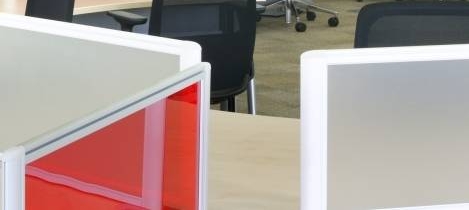
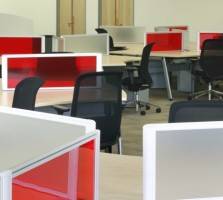
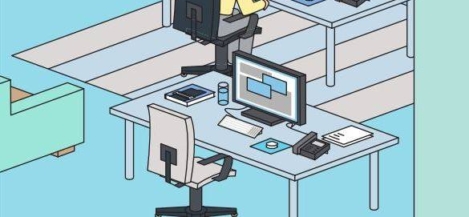
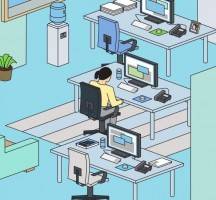 Gensler has announced the results of its Workplace Survey 2016 for both
Gensler has announced the results of its Workplace Survey 2016 for both 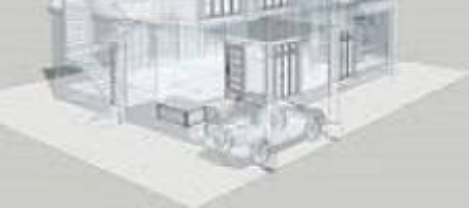
 According to
According to 







July 27, 2016
Seven ways managers and employers can build trust in the workplace 0
by Matias Rodsevich • Comment, Knowledge, News, Wellbeing, Workplace
(more…)